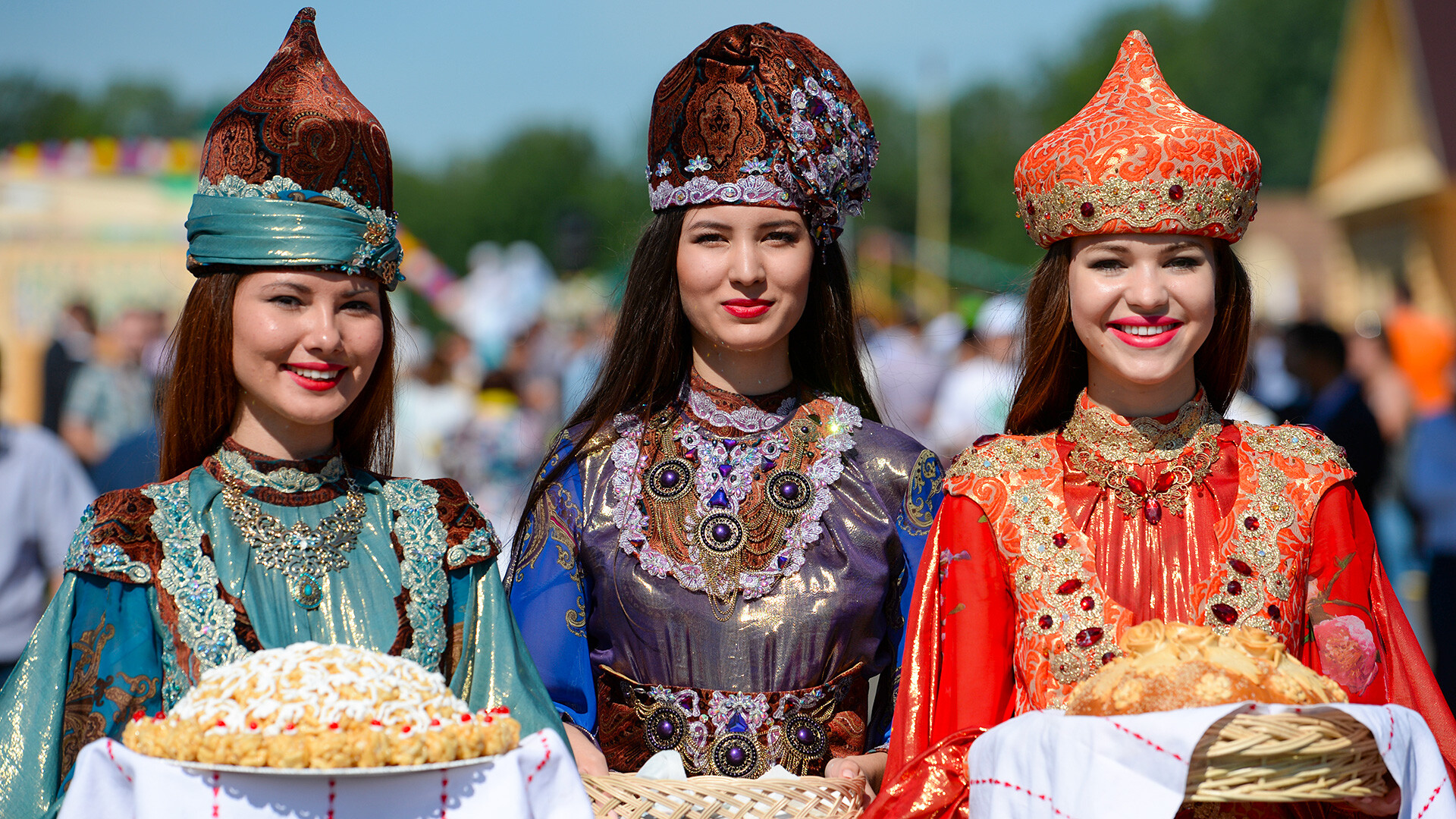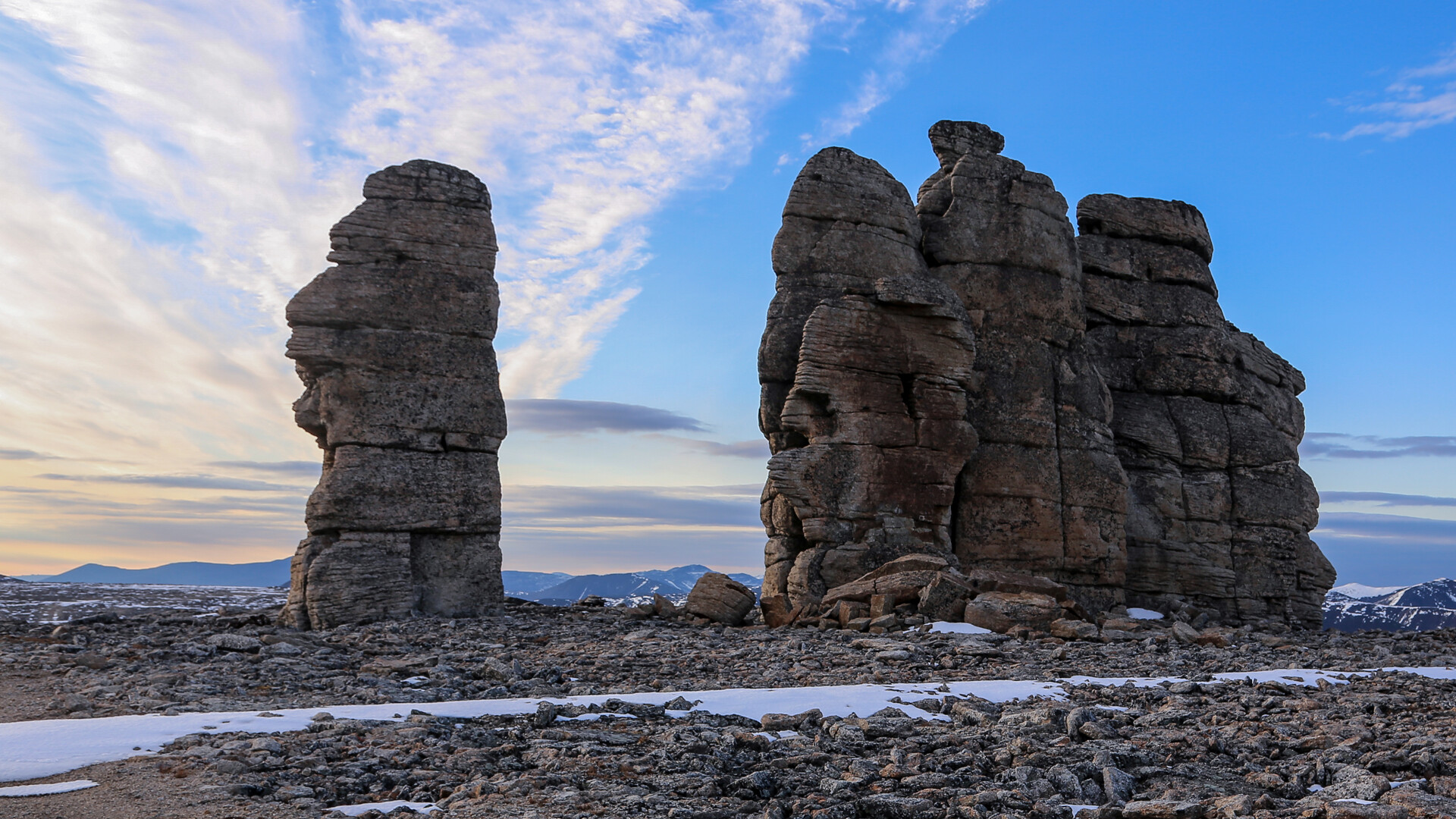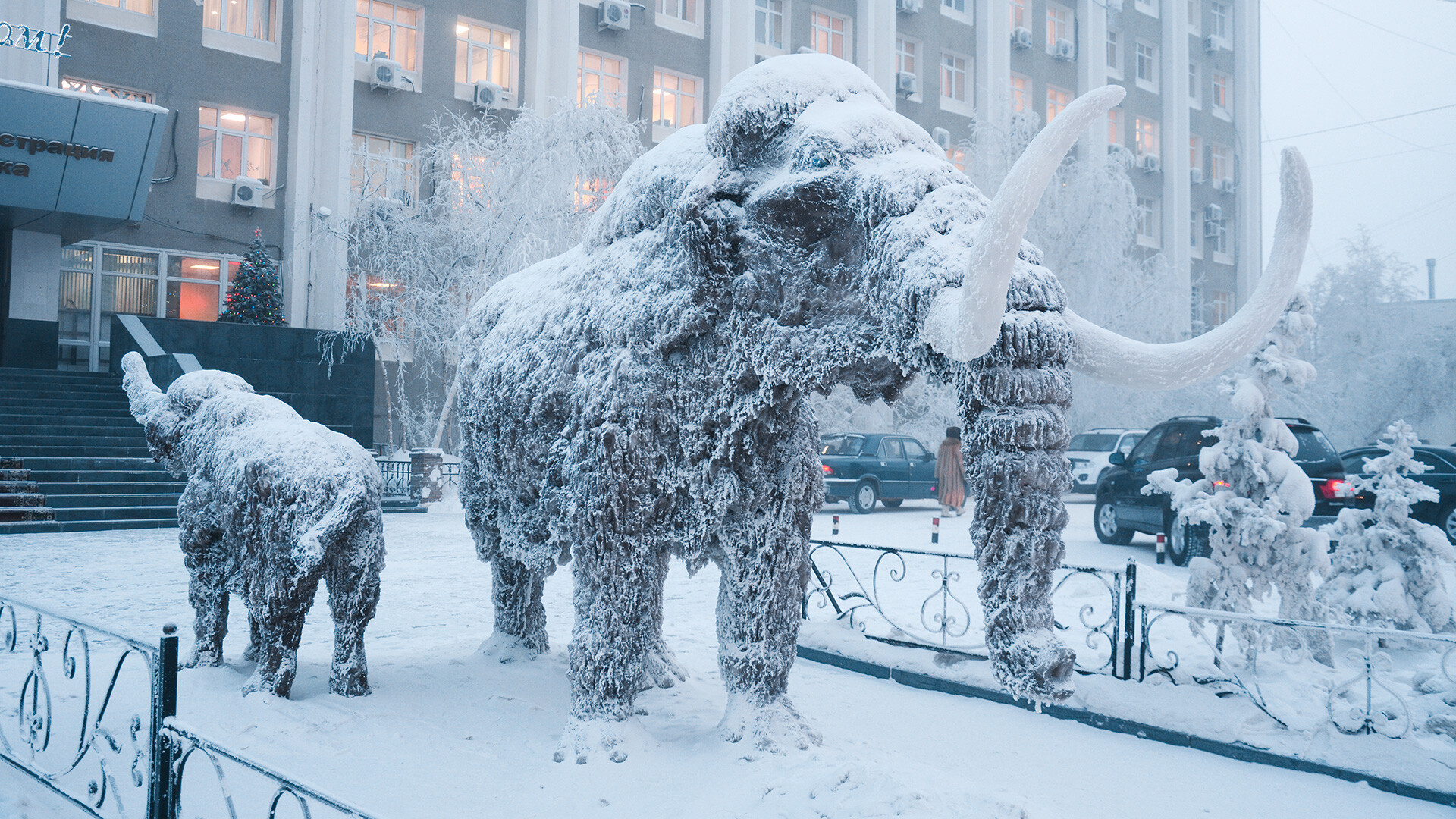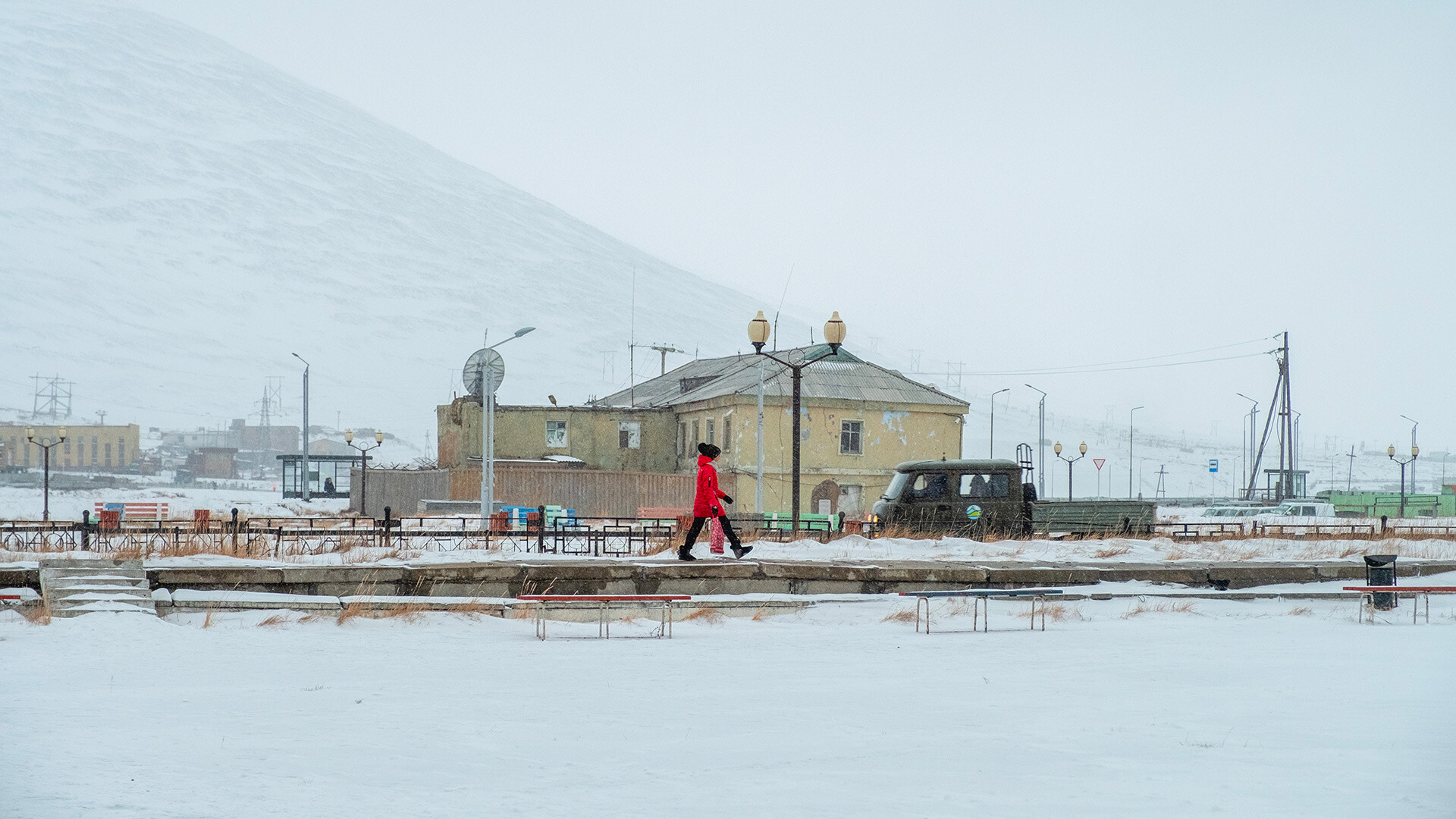
The main Chukchi dish you (most likely) won’t be able to try
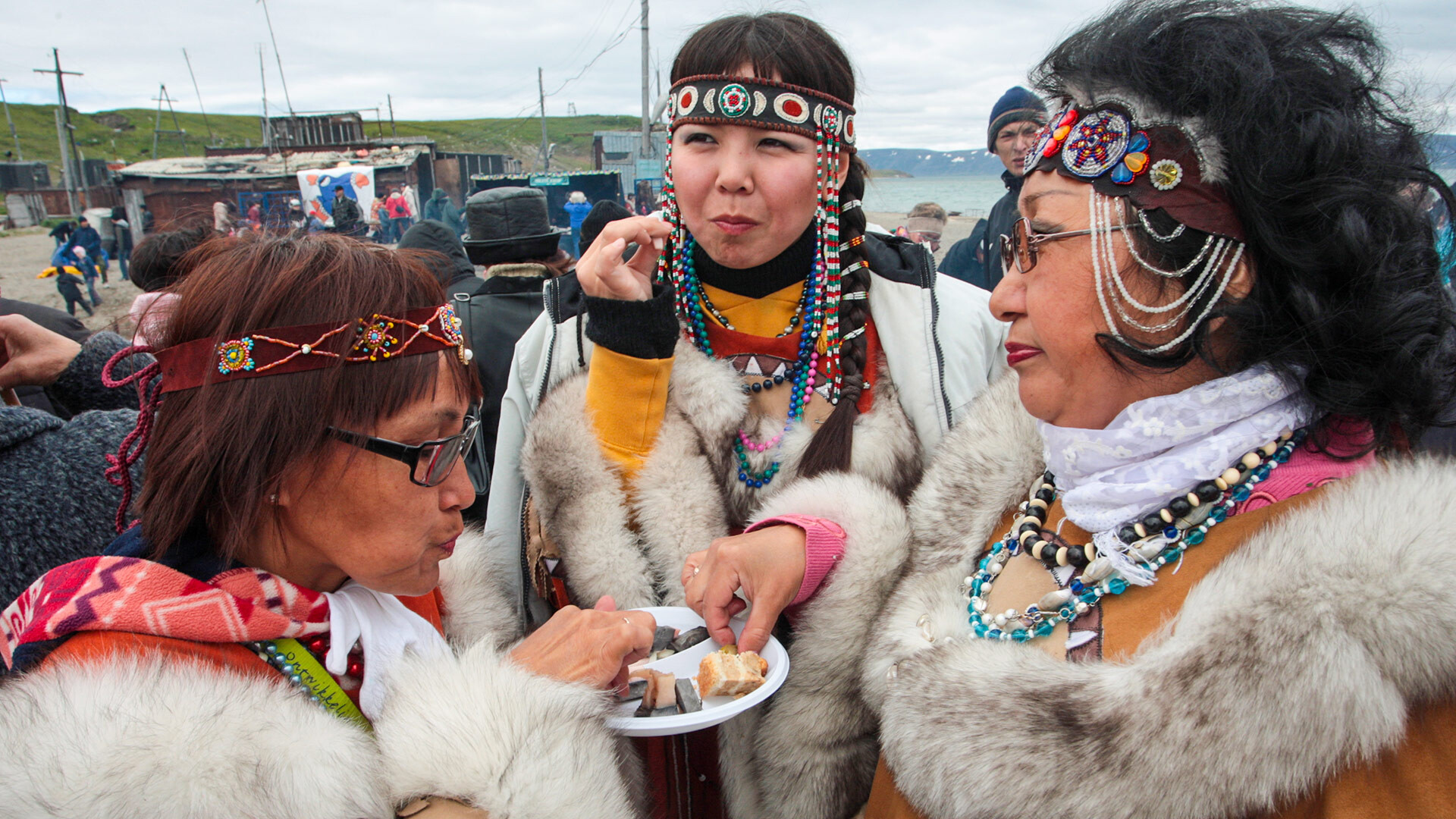
You don’t usually expect a twist from a dish called “lard”, or "salo", but you should. The northern indigenous peoples have quite strange dishes, if not to say extreme (kopalkhen can even kill you!). However, the lard in Chukotka is not of the usual kind. It’s whale fat. And it looks quite exotic.
What is it exactly?

Whale fat, or mantak (sometimes spelled maktak), is a traditional dish of the Chukchi and Eskimos, the indigenous peoples of Chukotka. It is the skin of a whale with a layer of fat sliced into pieces. Some people eat it raw, some freeze it first and some boil it. However, the most popular option is lard pickled in soy sauce. Yes, the homeland of soy sauce is quite far from Chukotka, but in the post-Soviet years, they began to actively import it from abroad and, as a result, it turned out that soy sauce works well with mantak. But smoked mantak is rarely found. After all, finding wood in the tundra is like finding gold!
Why is it eaten?
The indigenous people of Chukotka are among the few people in the world who are allowed to hunt whales. It is not allowed for commercial purposes, but it is allowed for personal food consumption, however only a certain number of marine animals, according to quotas.
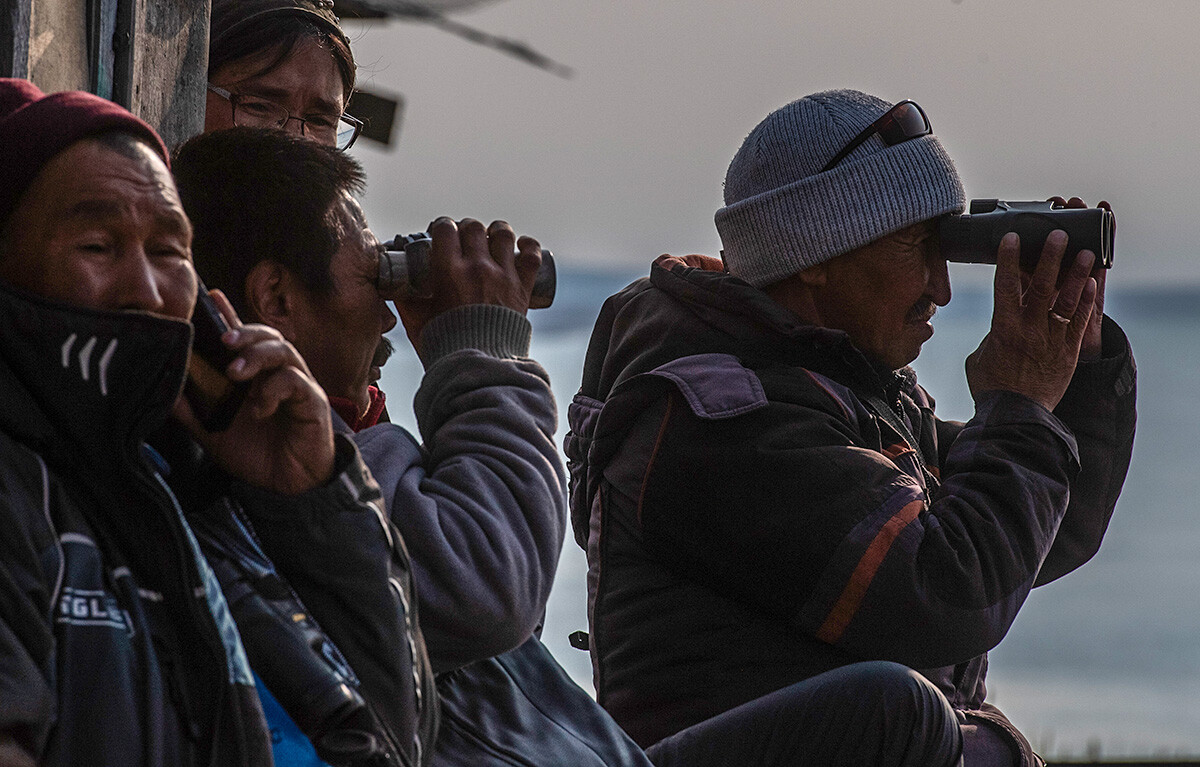 Sea hunters are looking for whales.
Sea hunters are looking for whales.
The thing is that life in this remote region is very harsh. There is only one relatively big city, Anadyr (with a population of roughly 15,000), two towns of Pevek and Bilibino (where about 5,000 people live), and several national settlements scattered along the shores of the Chukchi and Bering seas. For hundreds of kilometers around, there is nothing but tundra and bears. There are stores, but the food is delivered only a few times a year, so the meat of sea animals is the only kind of fresh meat available in Chukotka. This is how it was historically established. Of course, they also eat chicken and beef, but it comes frozen and is three to four times more expensive than in the rest of Russia.
The locals consider mantak to be very beneficial. First of all, it contains a huge amount of vitamins C and D (from the deficiency of which all residents of the northern latitudes suffer from). They eat it quite eagerly, usually as an appetizer.
What does mantak taste like?
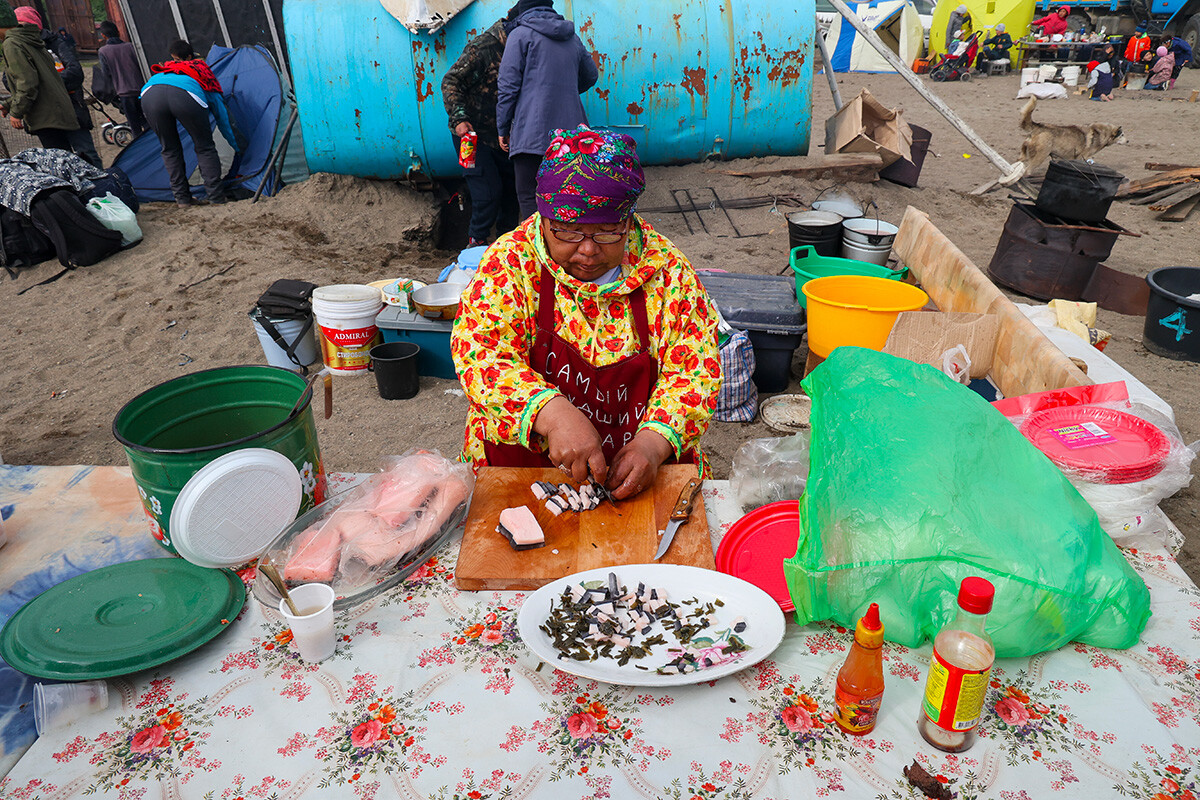 The village of Lorino, 2022.
The village of Lorino, 2022.
It all depends on how you prepare it. Different people have different ideas about cooking it, of course. A good mantak has a pinkish color. If the lard is yellow, it’s probably old. Mantak in soy sauce has a similar taste to soy sauce-flavored chips or similar snacks, only softer.
“I got… I got the salted or dried version. It was very hard and hard to cut,” writes blogger Dmitry Petrov. “Mantak is hard to chew, almost crunchy, and gives off a lot of fat. Plus, it is very fibrous (which makes it hard to chew). I have to admit, I barely finished and swallowed my tiny bite and I didn’t want more!”
Why can’t anyone buy it?
When a team of sea hunters catches a whale, the men cut it up on the shore and share it with the locals. Everyone takes as much meat and mantak as they need. Nothing goes to waste.

The skin should be immediately cut into thin slices and sent to the freezer. It is too warm for it in the fridge and will spoil. Also, you should cook it on the day you plan to eat it.
And, most importantly, it is forbidden to sell whale meat. You will not find it in any store or restaurant, although it is one of the most important and well-known local dishes. The only way to try it is if you are treated by the locals. And, for that, you will have to go for a visit. Welcome to Chukotka!









